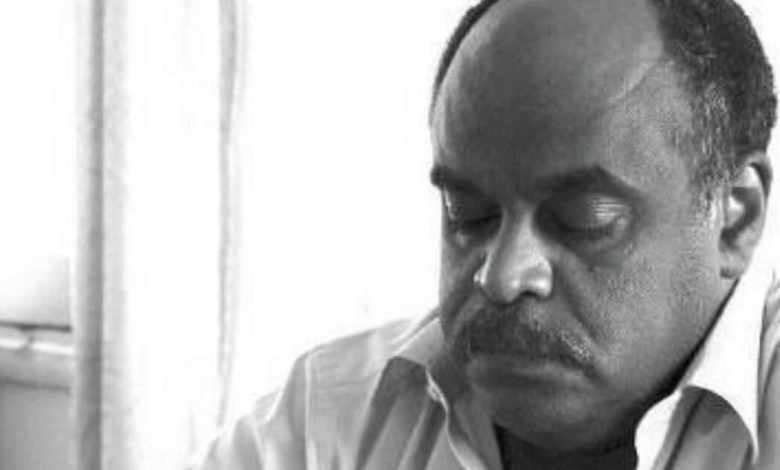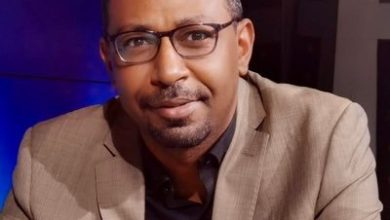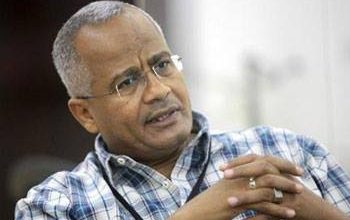
Dr. Al-Shafi’ Khidr Said
On October 13, 2024, the intellectual and economics professor in Indian universities, Prabhat Patnaik, published an article in English on the website “People’s Democracy.” In his article, he explores the West’s capitalist drive to expand and reassert its dominance globally. Patnaik argues that the continued centralization and consolidation of capital have reduced competition among global capitalist centers. Unlike in the past, these centers now operate as a unified capital force, aiming to dominate the entire world rather than dividing it into spheres of influence. This force seeks to reassert control over regions that previously broke away through national liberation movements. To achieve this, unified capital—or “unified imperialism” as Patnaik calls it—deploys two main strategies: enforcing a global neoliberal economic system and instigating wars and conflicts. While the first strategy brings severe suffering to people and ultimately leads to neo-fascism, the second one pushes humanity toward catastrophe. Today’s discussion focuses on this second strategy due to its direct relevance to the Sudanese conflict.
Patnaik notes that unified imperialism—or the centers of capital—has inflamed the ongoing wars in Ukraine and Palestine/Lebanon. In Ukraine, NATO broke its promise to former Soviet leader Mikhail Gorbachev not to expand eastward. The U.S.-backed Ukrainian government declared its intention to join NATO, sparking a bloody conflict with the Russian-speaking Donbas region, provoking Russia. The United States and Britain thwarted the Minsk Agreement between Russia and Ukraine, and Germany’s former Chancellor Angela Merkel later admitted that the agreement was merely a tactic to buy time for Ukraine to prepare for war. The primary goal of this war is to bring Russia under imperialist control, an objective dating back to the collapse of the Soviet Union, which nearly succeeded under President Boris Yeltsin.
Regarding the genocidal war Israel is waging in Gaza and Lebanon, Patnaik argues it’s a mistake to attribute American support for Israel solely to the influence of the Zionist lobby. Instead, he sees it as part of a U.S. project to control the entire region through Israel. The United States’ support for a “two-state solution” is merely a facade. Every time Palestine’s U.N. membership is proposed as a step toward this solution, the U.S. votes against it. Similarly, whenever ceasefire negotiations with Israel reach a critical juncture—whether with Ismail Haniyeh or Hassan Nasrallah—Israel assassinates these leaders. In brief, ceasefire talks are simply an Israeli tactic, in collusion with American imperialism.
Sudan holds a central position in the plan to redivide the region according to the “New Middle East” project, which aims to use “creative chaos” as the primary mechanism for implementing this scheme.
The same logic seems to apply to the Sudanese war, which has now entered its second year of devastating the country. The conflict has led to forced displacement of over a quarter of Sudan’s population, yet global powers and unified capital have remained largely inactive, offering only statements, condemnations, and ineffective sanctions. Following Patnaik’s arguments, this inactivity appears to be a tactic, given the absence of decisive actions to stop the flow of arms and ammunition, which harm civilians more than combatants, forcing them from their homes. There are scattered reports of massive quantities of weapons and sophisticated surveillance equipment making their way into Sudan via Darfur and other West African nations, with support from Israel and certain countries within the Abraham Accords framework. In our own article in Al-Quds Al-Arabi last March, titled “Four Conclusions about the War in Sudan,” we asserted that the conflict is unlikely to end soon, as various regional and global powers seem to have no interest in stopping it.
We based our conclusion on several indicators, including the continued flow of weapons from regional states without any apparent intent from powerful global entities to ban it, thus encouraging prolonged fighting. Additionally, the crimes of genocide committed by the Rapid Support Forces in Al-Geneina and Al-Jazira are met with insufficient reaction from centers of global capital. Several official reports from these centers have emphasized Sudan’s wealth in globally demanded mineral resources, but perhaps even more significantly, the nation’s fertile lands and water resources are seen as crucial in addressing the ongoing global food crisis, which is projected to peak by 2050. The same reports label Sudan a “failed state” that needs restructuring and replacement, possibly by proxy, suggesting that prolonged conflict serves to weaken Sudan further until it fractures into easily dominated mini-states. Sudan’s position is crucial in the “New Middle East” project, aiming to divide the region, with Sudan at the forefront, into fragile, sectarian, and religiously fragmented states.
The war’s expansion, fueled by forced displacement, as seen in Khartoum and now Al-Jazira, serves this plan in the absence of any concrete, effective steps from unified capital centers to halt it. Unfortunately, the fragmented unity of Sudanese civil forces, the rise of foreign agendas among them, their lack of a unified vision for ending the war, and the intensifying ethnic and social conflicts within Sudan all contribute to this scheme.


